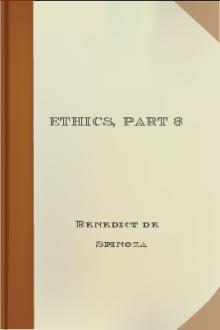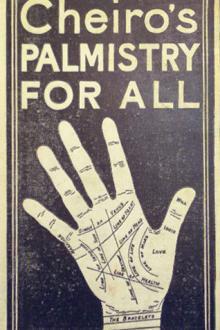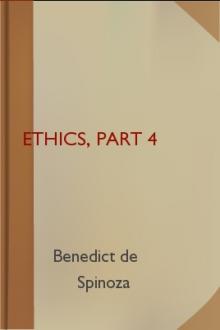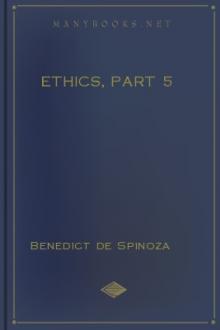Ethics, part 3
Ethics, part 3
Translated by Elwes.
Book Excerpt
one man
only, but by virtue of his containing, together with the
mind of that one man, the minds of other things also,
of such an effect (II. xi. Cor.) the mind of the given man
is not an adequate, but only a partial cause; thus
(III. Def. ii.) the mind, inasmuch as it has inadequate
ideas, is in certain cases necessarily passive; this was
our second point. Therefore our mind, &c. Q.E.D.
<<<<<Corollary--Hence it follows that the mind is more or less liable to be acted upon, in proportion as it possesses inadequate ideas, and, contrariwise, is more or less active in proportion as it possesses adequate ideas.
II. Body cannot determine mind to think, neither can mind determine body to motion or rest or any state different from these, if such there be.
>>>>>Proof--All modes of thinking have for their cause God, by virtue of his being a thinking thing, and not by virtue of his being displayed under any other attribute (II. vi.). That, therefore, which determines the mi
Editor's choice
(view all)Popular books in Philosophy
Readers reviews
0.0
LoginSign up
Be the first to review this book
Popular questions
(view all)Books added this week
(view all)
No books found

 Free Download
Free Download





























